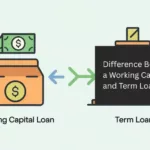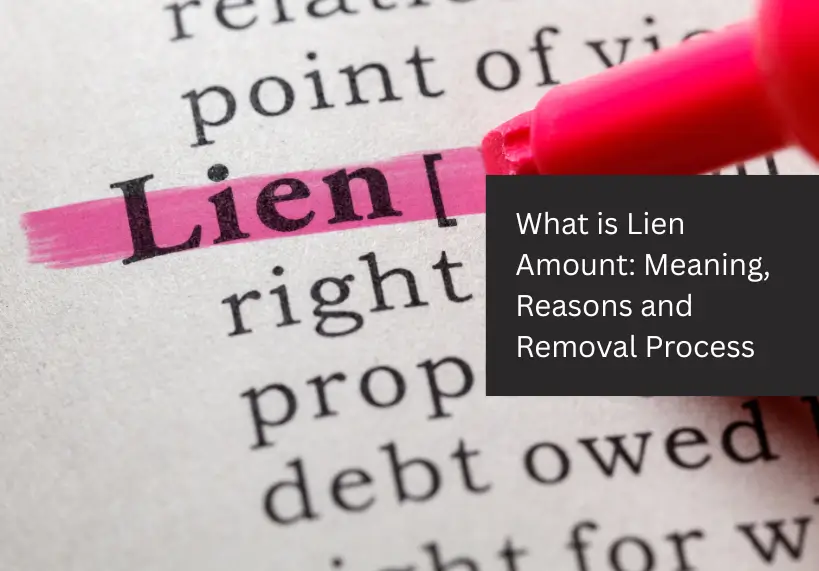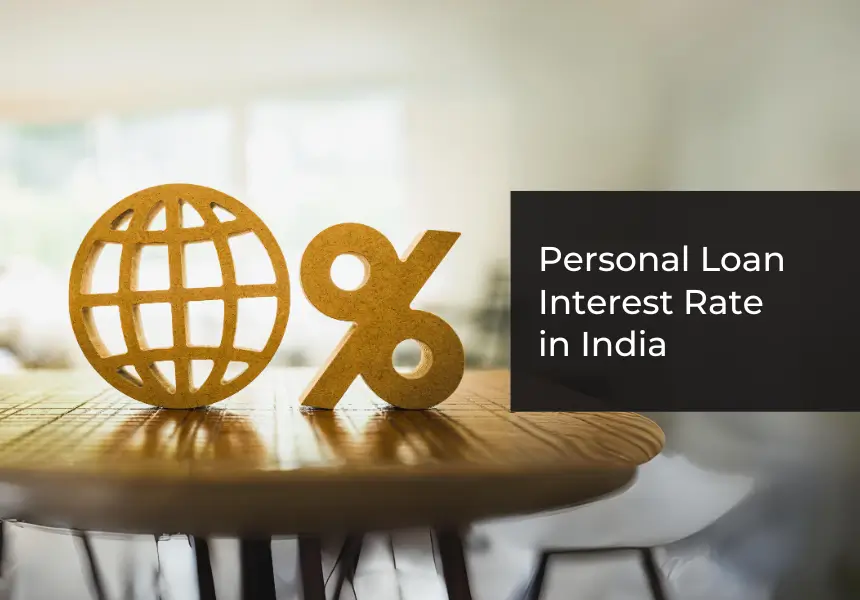
When someone mentions ‘loan,’ our minds often jump to images of putting up a house, car, or other valuable asset as security. But what if there was another option? Collateral-free loans, also known as unsecured loans, offer an alternative by eliminating the need for collateral.
So, what exactly is collateral? A collateral is an asset with a clear market value that you pledge to the lender when taking a loan. Examples include a house, land, machinery, stocks, and vehicles. If you default on the loan, the lender has the right to seize and sell the collateral to recover their losses.
In simple terms, a collateral free loan means that you are not required to provide any asset as security. The approval and disbursement of such loans are based on the borrower’s creditworthiness, income, and financial history.
This type of loan is particularly beneficial for micro, small and medium enterprises (MSMEs). The Credit Guarantee Fund Trust for Micro and Small Enterprises (CGTMSE), a Government of India initiative in collaboration with SIDBI, offers collateral-free loans up to ₹1 crore specifically for SMEs. This scheme aims to address the funding challenges this sector faces and help them grow and scale their businesses.
Personal loans are collateral free loans that offer a versatile solution to managing your financial needs. They can be used for practically any purpose, including covering wedding costs, unexpected medical bills, home renovations, business expenses, or consolidating debt.
Keep reading to learn more about collateral free loans.
What is a Collateral Free Loan?
A collateral free loan, also known as an unsecured loan, is a type of loan that does not require the borrower to pledge any assets as security. Instead, lenders base their decisions on your financial health, including your income, cash flow, employment history and business viability (for business loans). This approach offers flexibility and peace of mind, allowing you to access funds for various personal or business needs.
Benefits of Collateral Free Loan
Collateral-free loans, also known as unsecured loans, offer numerous advantages to borrowers. Here’s a detailed look at their benefits:
No Risk to Assets
Collateral free loans do not require borrowers to pledge any assets. This means that individuals or businesses will not have to risk losing their valuable assets in case of default.
Quick Approval and Disbursement
Since there is no need to evaluate and verify collateral, the approval process for unsecured loans is usually faster. This ensures quicker disbursement of funds, which is important during emergencies or when you need immediate financial support. Moreover, you can use a personal loan app to get loans as quickly as within 24 hours.
Suitable for New Businesses
New businesses may not have sufficient assets to pledge as collateral. Collateral-free loans can help by giving them access to easy finances.
Flexible Use
Collateral free loans offer flexibility in how you use the funds. Whether you need to finance a wedding, consolidate debt, manage medical expenses, or invest in business expansion, collateral free loans let you utilize the funds according to your needs.
Encourages Financial Discipline
Collateral free loans encourage you to maintain financial discipline. Since the interest rates may be slightly higher as there is no collateral, you are more likely to manage your finances effectively to ensure timely repayments.
Common Documents Required for Collateral-Free Loan
Though the documents required for a collateral free loan depend on the lenders, here are some of the common ones –
- A duly signed application form
- KYC documents include PAN cards, Aadhaar cards, and voter ID cards
- Income proof
- Business proof
Eligibility Criteria for Collateral Free Loan
To be eligible for a collateral free loan, you must
- Be between the ages of 21 and 60 years
- Be an Indian citizen
- Have a stable income from a job or business that meets the minimum requirement
- Meet the minimum income criteria as specified by the lender and have a good credit score, usually above 700
How to Get a Collateral Free Loan?
Obtaining a collateral free loan is straightforward when you meet the necessary criteria and follow the required steps.
- First, you must determine your eligibility as stated by the lender.
- Secondly, check your credit score. A good credit score is important for obtaining a collateral free loan.
- Then, compare interest rates, processing fees, loan tenure, and other terms and conditions. Look for lenders who offer competitive rates and favorable repayment terms.
- Check with your lender and gather the required documents to ease your application process.
- Apply for your loan through loan apps working with RBI-registered NBFC to get it approved quickly.
- Review the loan offer carefully. If you agree with the terms, accept the offer. The lender will then disburse the loan amount to your bank account.
Conclusion
Collateral free loans are a valuable financial tool for individuals and businesses that require accessible funding. You must evaluate your requirements and choose a plan that fits comfortably with your financial situation.
You can avail of collateral free loans, like personal loans, online from loan apps working with RBI-registered NBFCs such as LoanTap, which ensure a secure loan application process.
Frequently Asked Questions
Who can apply for a collateral free loan?
Individuals, small business owners, entrepreneurs, and startups can apply for a collateral free loan, provided they meet the lender’s eligibility criteria.
Can self-employed individuals apply for collateral-free loans?
Yes, self-employed and salaried individuals can apply for collateral free loans, provided they meet the lender’s eligibility criteria.
What is the repayment method for collateral free loans?
Repayment methods mostly include EMIs, which can be paid through bank transfer, auto-debit, or post-dated cheques.
What types of businesses are eligible for collateral-free business loans?
There are several lenders that provide collateral free loans to small and medium enterprises, startups, sole proprietorships, partnerships, and private limited companies, provided they meet the lender’s criteria. For example, LoanTap provides collateral free business loans and MSME loans to businesses and SMEs.
What is the debt-to-income ratio, and why is it important for a collateral free loan?
The debt-to-income (DTI) ratio measures your monthly debt payments against your income. Lenders use it to assess your ability to manage additional debt. A lower DTI ratio is generally favorable.






